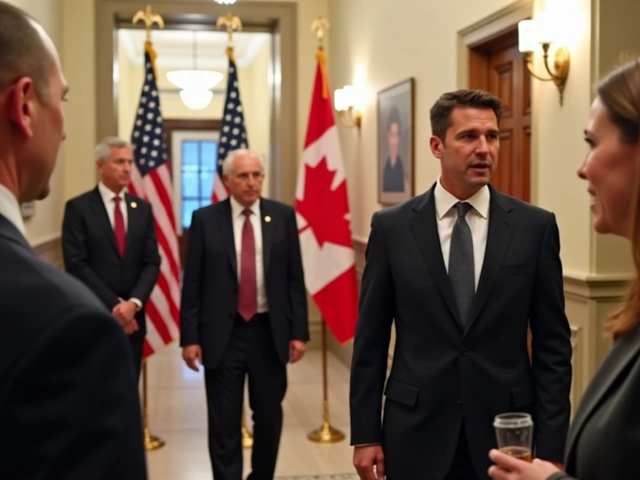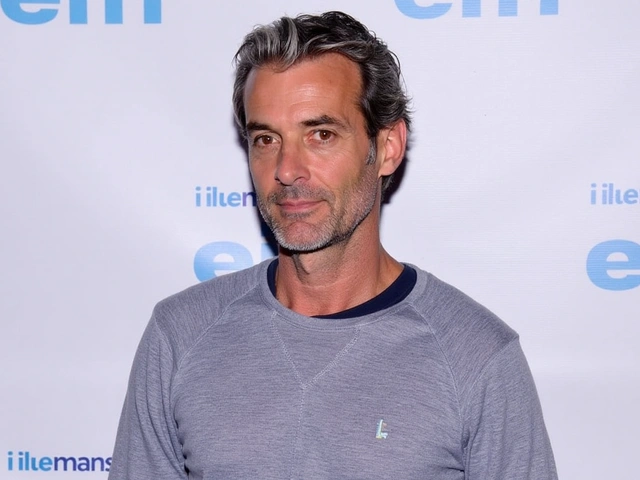
The recent killing of an Israeli-Canadian businessman in Egypt has catapulted into the center of international intrigue and diplomatic tensions. The incident, which saw the CEO of OK Group fatally shot, has been swathed in claims of espionage and retaliations linked to longstanding regional conflicts. This tragedy not only underscores the volatile intersection of business and politics in Middle Eastern affairs but also casts a shadow over Egypt’s role as a mediator in regional peace efforts.
Background of the Incident
The victim, identified as a dual citizen of Israel and Canada, was the CEO of OK Group, headquartered in Alexandria, Egypt. His company, specializing in the export of frozen fruits and vegetables, is known for its extensive trade networks in the Middle East and internationally. On a seemingly ordinary day, the businessman’s life was abruptly ended by an attack claimed by a previously unknown group calling itself the Martyr Mohammad Salah group. They accused him of being an Israeli agent, a claim that has yet to be substantiated by any government authority.
Claim of Responsibility and Motives
The group named after Mohammad Salah, alleged their actions were in retaliation to what they called 'massacres in Gaza' and the controversial seizure by Israel of the Palestinian side of the Rafah border crossing. The connotations of such statements resonate with the heightened tensions and ongoing conflicts between Israelis and Palestinians, reflecting broader regional unrest. However, the Egyptian authorities have not confirmed the existence of this group, nor the veracity of their claims, leaving room for speculation and calls for thorough investigation.
Responses from Nations and Authorities
Following the attack, the Israeli foreign ministry quickly acknowledged the man’s citizenship and stated that they were actively working with Egyptian officials through their embassy in Cairo. Similarly, the Canadian government has been pressing Egypt for more details, eager to understand the circumstances surrounding the untimely death of its citizen. Egypt’s interior ministry confirmed that the businessman was a long-term resident and mentioned that legal proceedings were underway, though specifics have not been disclosed, enhancing the cloud of mystery enveloping the case.
The Role of Business and Espionage in International Relations
This incident highlights the complex layering of business interests with international espionage allegations. For decades, the Middle East has been a fertile ground for such intertwined interests, with various state and non-state actors engaging in shadowy operations to further their national or ideological goals. The death of a businessman, particularly one involved in as benign a sector as agriculture, points to the depths and reaches of these entanglements. It raises critical questions about the safety of international businessmen and the potential misuse of commercial enterprises for espionage activities.
Impact on Egypt-Israel Relations
Egypt, historically a broker of peace within the tumultuous Middle Eastern landscape, finds itself in a precarious position following this assassination. The country has long maintained a complicated relationship with Israel, characterized by cold peace and occasional cooperation. This event could either strain these ties or prompt stronger collaborative efforts in combating terrorism and clarifying the murky waters of illicit operations masked behind political rhetoric and business endeavors.
In conclusion, the assassination of an Israeli-Canadian businessman in Egypt is a multifaceted issue that encompasses international relations, regional politics, and the shadowy world of espionage. As investigations continue, the international community remains gripped by the unfolding of this tragic event, hopeful for clarity and justice in a region where both are often in short supply.







When a seemingly ordinary commercial venture becomes the flashpoint of international intrigue, it forces us to re‑examine the fragile boundary between private enterprise and statecraft. The murder of a dual‑citizen CEO in Alexandria is more than a tragic footnote; it is a symptom of the restless geopolitical currents that course through the region. One can argue that the very notion of “business” in this theatre is already politicized, as trade routes double as conduits for intelligence gathering. Moreover, the rhetoric surrounding the claim of responsibility highlights how non‑state actors attempt to weaponize narrative for strategic gain. The intersection of diplomacy, espionage, and economic interests here is a stark reminder that no sector is immune to the ripple effects of conflict. Ultimately, the pursuit of clarity and accountability must rise above the clamor of partisan blame.
The diplomatic repercussions of this incident are bound to reverberate across multiple bilateral channels. Both the Israeli and Canadian foreign ministries have articulated a commitment to collaborative investigation, underscoring the principle of consular protection. It remains imperative that Egyptian authorities adhere to transparent legal procedures to preserve regional stability.
From a linguistic standpoint, the term “assassination” carries connotations of politically motivated targeted killing, whereas “homicide” is neutral. In the current narrative, the usage of “assassination” implicitly frames the act within a geopolitical context. Clarifying this nuance helps avoid inadvertent bias in reporting. It would be beneficial for future analyses to maintain precise terminology when describing such events.
The lexicon employed in the prevailing discourse is replete with hyperbolic constructs that obfuscate substantive inquiry. One must first interrogate the operational ontology of the so‑called “Martyr Mohammad Salah group,” whose very existence remains uncorroborated by any credible intelligence apparatus. Their self‑ascribed mandate, couched in terms of retaliatory justice for alleged transgressions in Gaza, serves as an epistemic veneer for what may be a strategic ploy to manipulate public sentiment. Moreover, the convergence of commercial logistics-specifically the exportation of perishable agricultural commodities-with covert intelligence frameworks illustrates a systemic symbiosis that transcends conventional threat matrices. The deployment of agribusiness channels as vectors for surveillance is not an unprecedented phenomenon; historical precedents in the region reveal a pattern wherein supply chain infrastructures are co‑opted for data exfiltration. This paradigm necessitates a rigorous forensic audit of trade documentation, customs declarations, and shipping manifests to ascertain any anomalous data flows. Additionally, the geopolitical calculus of Egypt, positioning itself as a mediator, is compromised by the opaque veil surrounding the investigation, thereby undermining its diplomatic capital. The dual‑citizen status of the victim further complicates jurisdictional prerogatives, engendering a convoluted tapestry of consular obligations, extraterritorial legal considerations, and sovereign immunity doctrines. In the arena of international law, the principle of universal jurisdiction may be invoked, yet practical enforcement is circumscribed by state consent mechanisms. Consequently, the interstitial space between state responsibility and non‑state actor culpability becomes a fertile ground for legal ambiguity. It is incumbent upon multinational stakeholders, including corporate governance bodies, to institute robust risk mitigation frameworks that encompass geopolitical risk assessments. The integration of geopolitical intelligence into enterprise risk management (ERM) protocols can preemptively flag exposure to such latent threats. Ultimately, the confluence of espionage, commercial enterprise, and regional conflict in this incident underscores the necessity for a multidimensional analytical approach that synthesizes political science, security studies, and corporate governance perspectives.
Check the supply chain logs for any irregular handoffs they might have missed. Quick audit can reveal hidden patterns.
In the shadows of commerce, truth flickers like a candle against a storm.